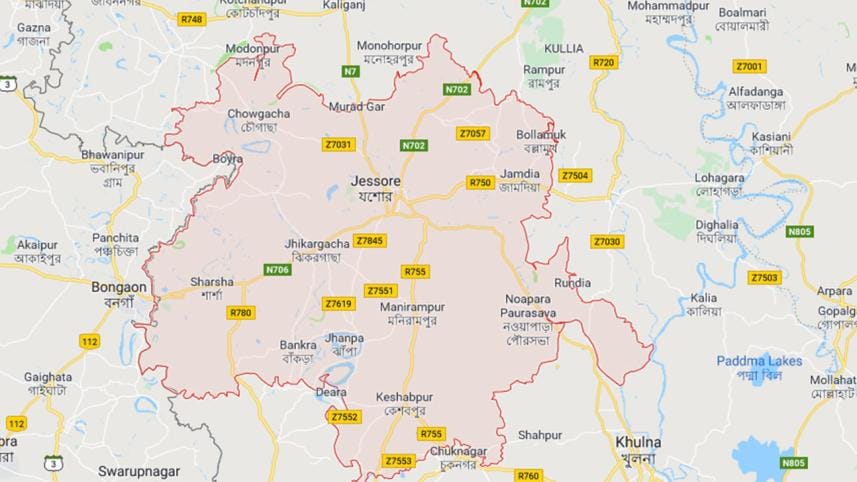3 Jashore BNP leaders 'picked up' while going for campaigning

Three BNP leaders were allegedly picked up by law enforcers from Jashore-Magura highway when they were going to campaign for the BNP candidate of Jashore-3 constituency this morning.
The three leaders are Golam Reza Dulu, BNP vice-president of district unit; Nurunnabi, BNP president of Sadar upazila unit; and Kamal Hossain Babu, Jubo Dal president of Fatehpur upazila.
WHAT HAPPENED?
The BNP candidate for Jashore-3 constituency, Anindya Islam Amit, and the three other BNP leaders were on their way for campaigning.
Their vehicle was intercepted with a truck after it passed Panchbaria area on the highway, Amit told The Daily Star.
Law enforcers got off the truck around 10:45am and detained the three leaders, Amit said.
He claimed that members of both Rapid Action Battalion and Police were among the team members.



 For all latest news, follow The Daily Star's Google News channel.
For all latest news, follow The Daily Star's Google News channel.
Comments